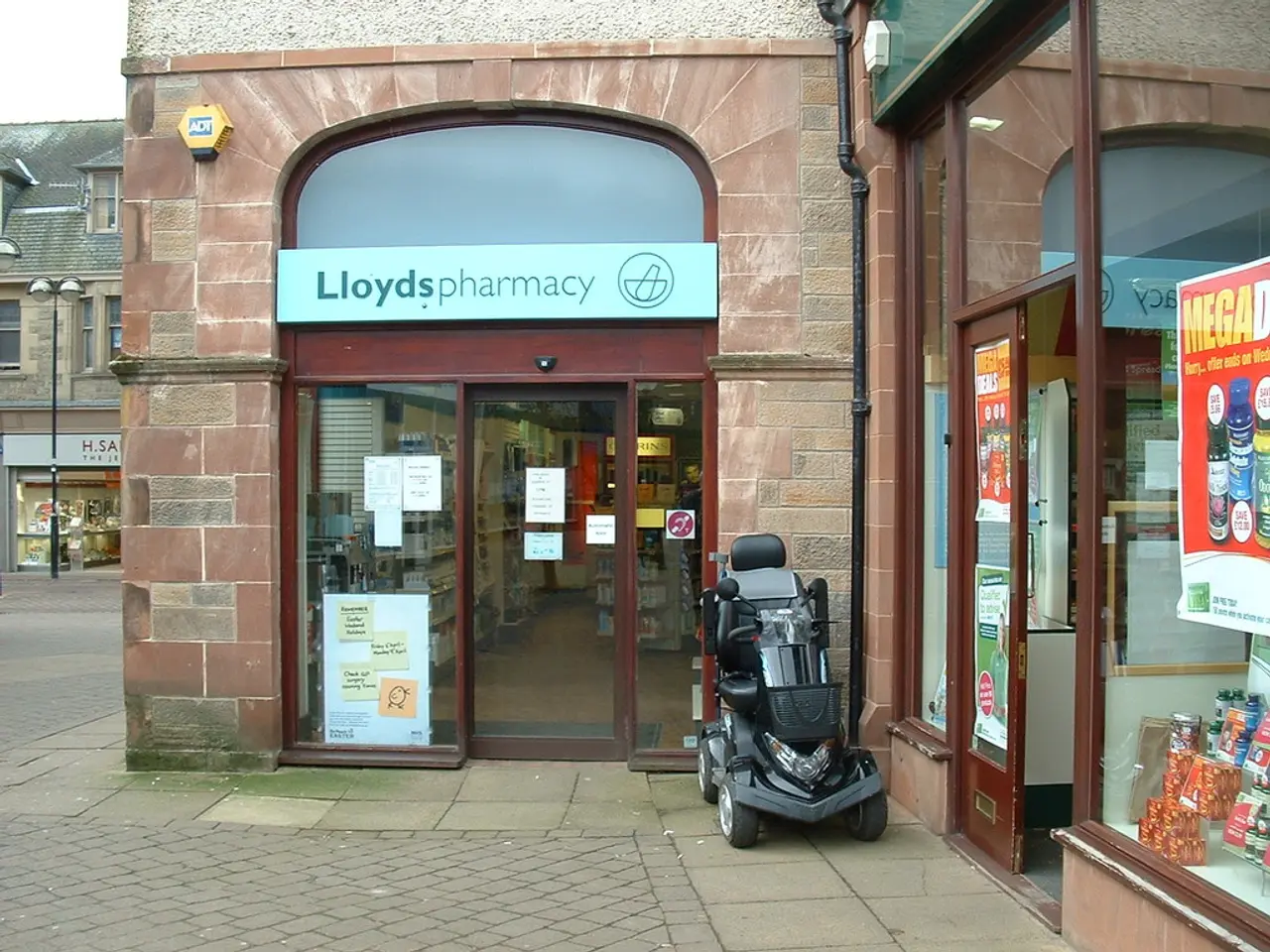Germany unveils debut of Alzheimer's treatment Lecanemab in its marketplace
Lecanemab, a groundbreaking treatment for Alzheimer's disease, is now available in Germany. The drug, marketed as Leqembi, targets amyloid deposits in the brain and is designed to slow the progression of the disease by several months, unlike previous therapies that only treat symptoms.
The costs for Lecanemab will initially be covered by health insurers. However, hospitals are responsible for finding an internal solution for billing costs, as the costs for tests, therapy implementation, and monitoring could amount to about 10,000 euros.
Before therapy with Lecanemab can begin, biomarker tests are required for the diagnosis of Alzheimer's. Additionally, a genetic test for ApoE4 is necessary for Lecanemab treatment, as the drug should only be given to Alzheimer's patients who have one or no copies of ApoE4, a variant of the gene for the protein Apolipoprotein E.
The European Union drug authority EMA initially rejected Lecanemab due to side effects, but later concluded that the benefits outweigh the risks for the specific subgroup of Alzheimer's patients. The EU Commission approved Lecanemab for the treatment of mild cognitive impairment in the early stages of Alzheimer's disease.
Eisai, the manufacturer of Lecanemab, has set the price of the drug at 310 euros per 2-milliliter pack and 615 euros per 5-milliliter pack. According to the ABDA, the initial selling price in Germany is estimated to be 403.27 euros per small pack and 788.86 euros per large pack. For a 70-kilogram person, about 7 milliliters of concentrate would be needed per infusion, resulting in medication costs of approximately 24,050 euros per year.
Some clinics may experience delays in starting therapy due to ongoing price negotiations. Outpatient clinics are generally well-equipped to start therapy with Lecanemab next week, but this depends on the individual centers' capacities.
To ensure that only those who can benefit from the drug receive it, a Europe-wide register of all Lecanemab patients will be established. The Joint Federal Committee will examine the benefit of Lecanemab compared to existing therapies, serving as the basis for price negotiations between manufacturers and health insurers.
The early Alzheimer's phase affects approximately 250,000 people in Germany currently. According to statistics, approximately 80% of Alzheimer's patients have one or no ApoE4 copies.
The costs for treating insured patients are initially billed via ambulatory flat rates, which need to be negotiated. Specific German statutory health insurance funds (Krankenkassen) involved in a contract with Biogen and Eisai to share the costs for the Alzheimer’s drug Lecanemab are not detailed in the available sources. The drug's availability in Germany marks a significant step forward in the fight against Alzheimer's disease.
Read also:
- Peptide YY (PYY): Exploring its Role in Appetite Suppression, Intestinal Health, and Cognitive Links
- Toddler Health: Rotavirus Signs, Origins, and Potential Complications
- Digestive issues and heart discomfort: Root causes and associated health conditions
- House Infernos: Deadly Hazards Surpassing the Flames






